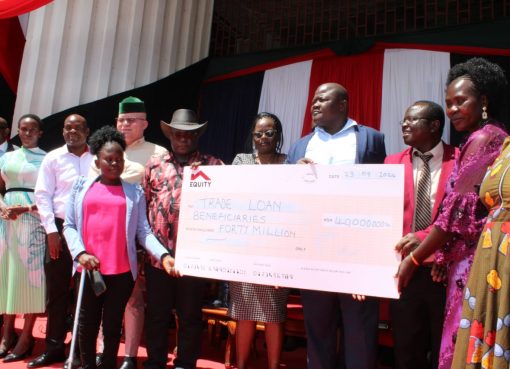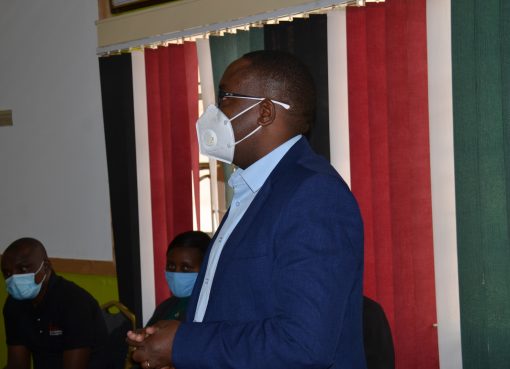County governments need to make budgetary allocations towards projects that will convert waste into energy.
The Water and Sanitation Chief Administrative Secretary (CAS), Winnie Guchu noted that devolved units were spending millions of shillings treating diseases caused by poor sanitation instead of using garbage in waste-to-energy solutions initiative.
Speaking when she officially launched the Nakuru Countywide Inclusive Sanitation Strategy, Ms. Guchu said devolved units should put in place public-private partnership models that will facilitate value addition to solid waste, organic and inorganic, recyclable and non-recyclable materials while making towns and cities clean
“Nakuru County loses Sh.978 million each year due to poor sanitation. This includes loses due to access time, premature deaths and high health care costs. That should not happen if we transform waste into treasure,” said the CAS
Ms. Guchu further called on counties to put in place master plans for sanitation and water that will transform waste water and sewerage into re-usable and economically viable materials.
“Raw sewerage can be transformed into environmentally friendly and sustainable source of fuel through value addition. The waste can also be blended into natural organic fertilizer. All cities and towns in this county which are grappling with chocking dumpsites should rethink strategies of handling waste”.
During the occasion that also commissioned the Nakuru County wide Sanitation Committee (NACOSTEC), Governor Lee Kinyanjui said his administration was working on plans to construct eco-friendly public toilets in all parts of the county.
He stated that a survey had established that most of the public owned toilets constructed by defunct local authorities in the county had either been grabbed by private developers or taken over by criminal gangs.
“We will improve access to public toilets. As we focus on developing other infrastructure such as roads, proper sanitation is a key component to any settlement area. We will be making budgetary allocations towards improving and upgrading water and Sanitation infrastructure,” said the governor
The County boss lamented that Kenya’s urban sewerage coverage stood at 3.4 percent, while 33.1 percent and 27.1 percent of boys and girls in public primary schools had access to pit latrines.
Kinyanjui said the need for modern sanitation facilities in the country was necessitated by the fact that 46 percent of Nakuru’s population lives in urban areas.
By Anne Mwale/Dennis Rasto



